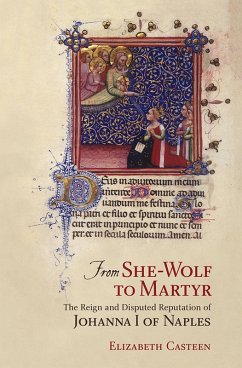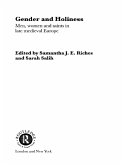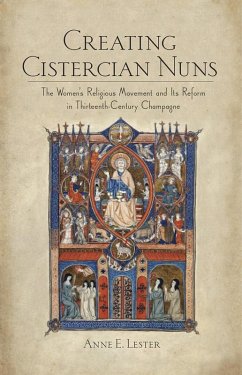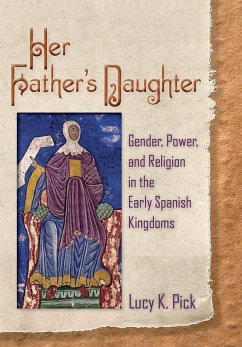In 1343 a seventeen-year-old girl named Johanna (1326-1382) ascended the Neapolitan throne, becoming the ruling monarch of one of medieval Europe's most important polities. For nearly forty years, she held her throne and the avid attention of her contemporaries. Their varied responses to her reign created a reputation that made Johanna the most notorious woman in Europe during her lifetime. In From She-Wolf to Martyr, Elizabeth Casteen examines Johanna's evolving, problematic reputation and uses it as a lens through which to analyze often-contradictory late-medieval conceptions of rulership, authority, and femininity.
When Johanna inherited the Neapolitan throne from her grandfather, many questioned both her right to and her suitability for her throne. After the murder of her first husband, Johanna quickly became infamous as a she-wolf-a violent, predatory, sexually licentious woman. Yet, she also eventually gained fame as a wise, pious, and able queen. Contemporaries-including Francesco Petrarch, Giovanni Boccaccio, Birgitta of Sweden, and Catherine of Siena-were fascinated by Johanna. Drawing on a wide range of textual and visual sources, Casteen reconstructs the fourteenth-century conversation about Johanna and tracks the role she played in her time's cultural imaginary. She argues that despite Johanna's modern reputation for indolence and incompetence, she crafted a new model of female sovereignty that many of her contemporaries accepted and even lauded.
When Johanna inherited the Neapolitan throne from her grandfather, many questioned both her right to and her suitability for her throne. After the murder of her first husband, Johanna quickly became infamous as a she-wolf-a violent, predatory, sexually licentious woman. Yet, she also eventually gained fame as a wise, pious, and able queen. Contemporaries-including Francesco Petrarch, Giovanni Boccaccio, Birgitta of Sweden, and Catherine of Siena-were fascinated by Johanna. Drawing on a wide range of textual and visual sources, Casteen reconstructs the fourteenth-century conversation about Johanna and tracks the role she played in her time's cultural imaginary. She argues that despite Johanna's modern reputation for indolence and incompetence, she crafted a new model of female sovereignty that many of her contemporaries accepted and even lauded.
Dieser Download kann aus rechtlichen Gründen nur mit Rechnungsadresse in A, D ausgeliefert werden.









